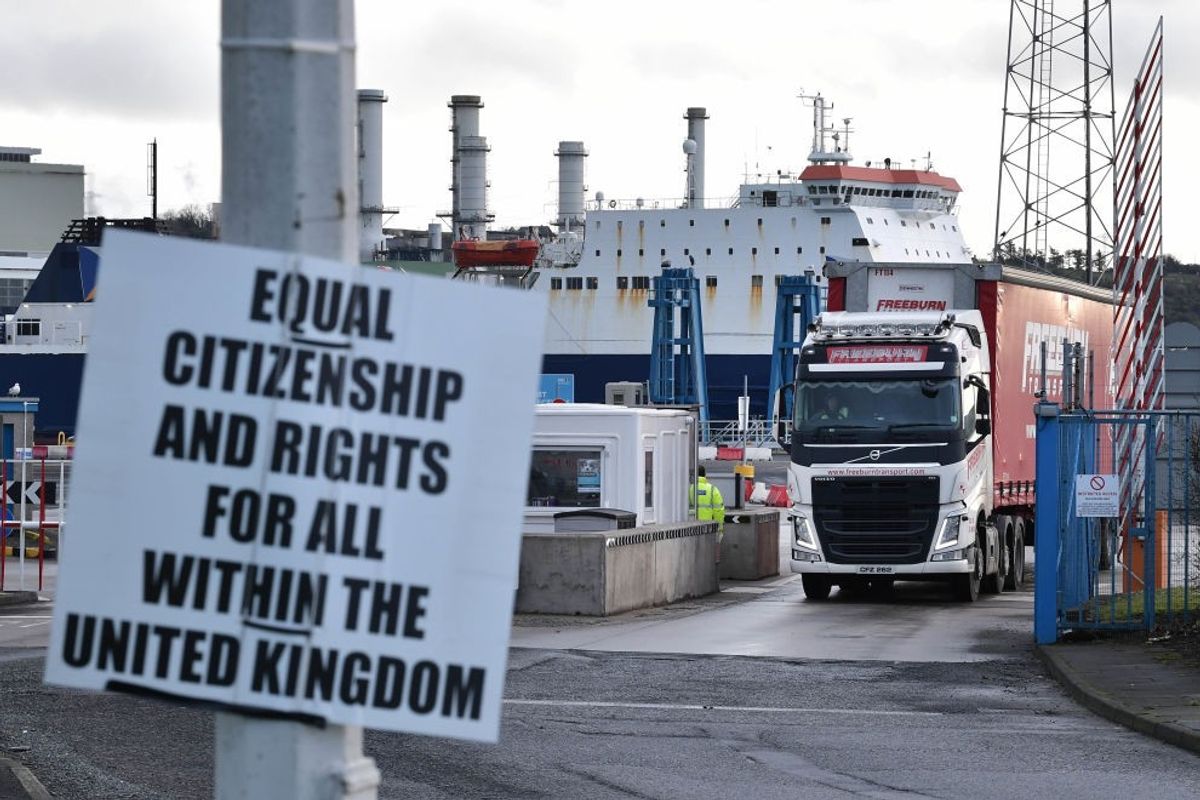Food industry trade bodies are contemplating to take legal action against the government over post-Brexit plans that will require all meat and dairy products sold in the UK to be labelled as “not for EU”, saying the labelling could add £250 million a year to their costs
As part of the Windsor framework agreed with the EU last year, since October 2023 all meat and dairy products sent from Britain to be sold in Northern Ireland have had to carry a “not for EU” label.
Food and Drink Federation (FDF) has estimated the extra labelling could cost the industry up to £250m extra a year.
Rod Addy, the director general of the Provision Trade Federation, said legal action was being discussed by several bodies as a viable option, if the government failed to engage.
“We are not launching a legal challenge yet but it is being discussed and considered as a serious possibility,” he said
John Whitehead, the director of the Food and Drink Exporters Association, said a legal challenge had been discussed by trade bodies as a last resort, but they wanted to “work with, rather than fight the government”.
A representative from a third trade body, which preferred not to be named, said: “We want to work with government to find sensible alternatives to the ‘not for EU’ labelling proposal, that meet government and DUP aims and work for business, and we think these exist.
“However, as you would expect, we’re also taking professional advice, including legal advice, given the costs and other risks to our sector of the government’s proposals.”
The measure is designed to prevent goods from bypassing EU controls by being sent to the Republic of Ireland, which does not have a hard border with custom checks on goods coming from Northern Ireland. But the labelling is set to be extended to all meat and dairy products sold in the UK from October, as part of the “safeguarding the union” deal with the Democratic Unionist party (DUP) that was agreed in January.
From July 2025, fruit and vegetables will also have to be labelled.
The government has said the labels are needed “to ensure no incentive arises for businesses to avoid placing goods on the Northern Ireland market”, and that those in Northern Ireland have the same access to goods in the rest of the UK.
Food producers, manufacturers and retailers have pushed back, saying a UK-wide approach will heap extra costs on to businesses and result in higher prices for consumers.


